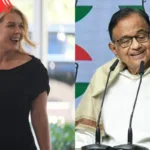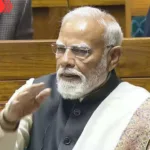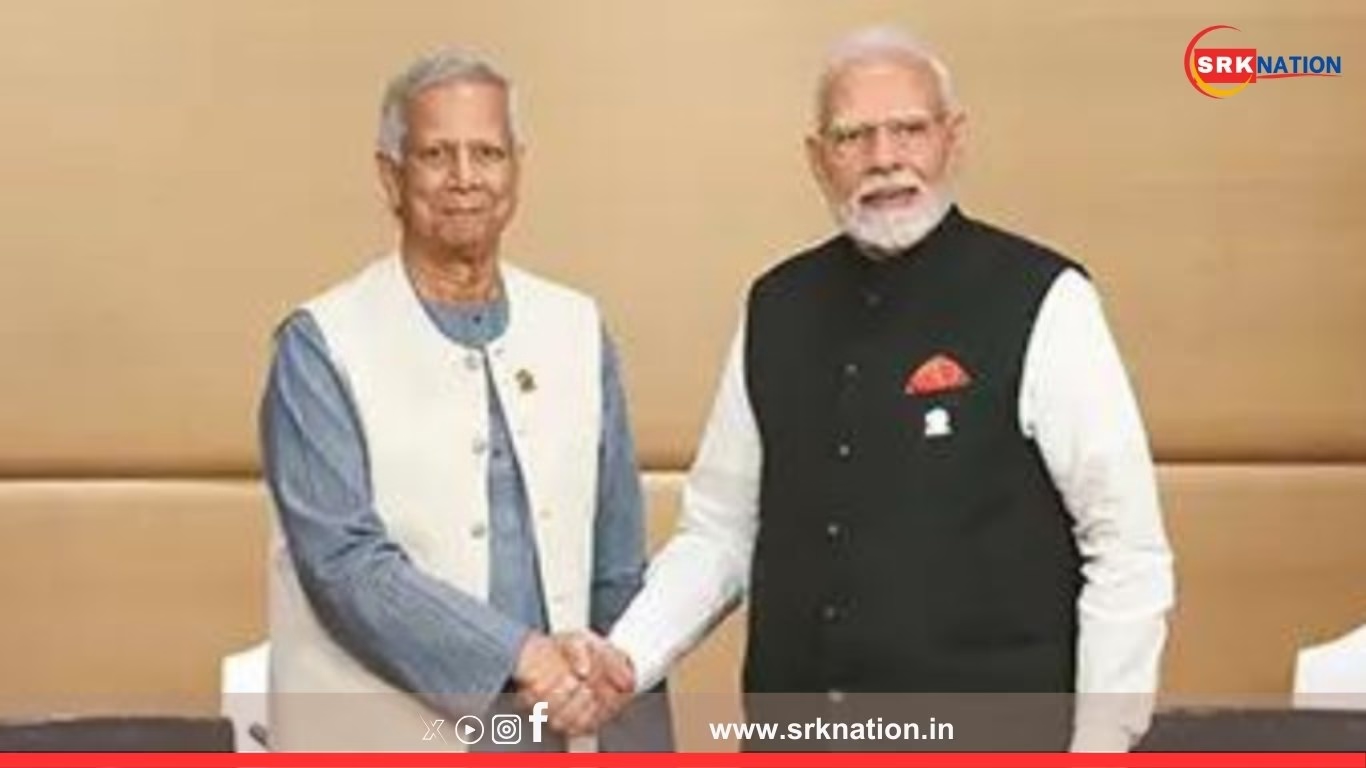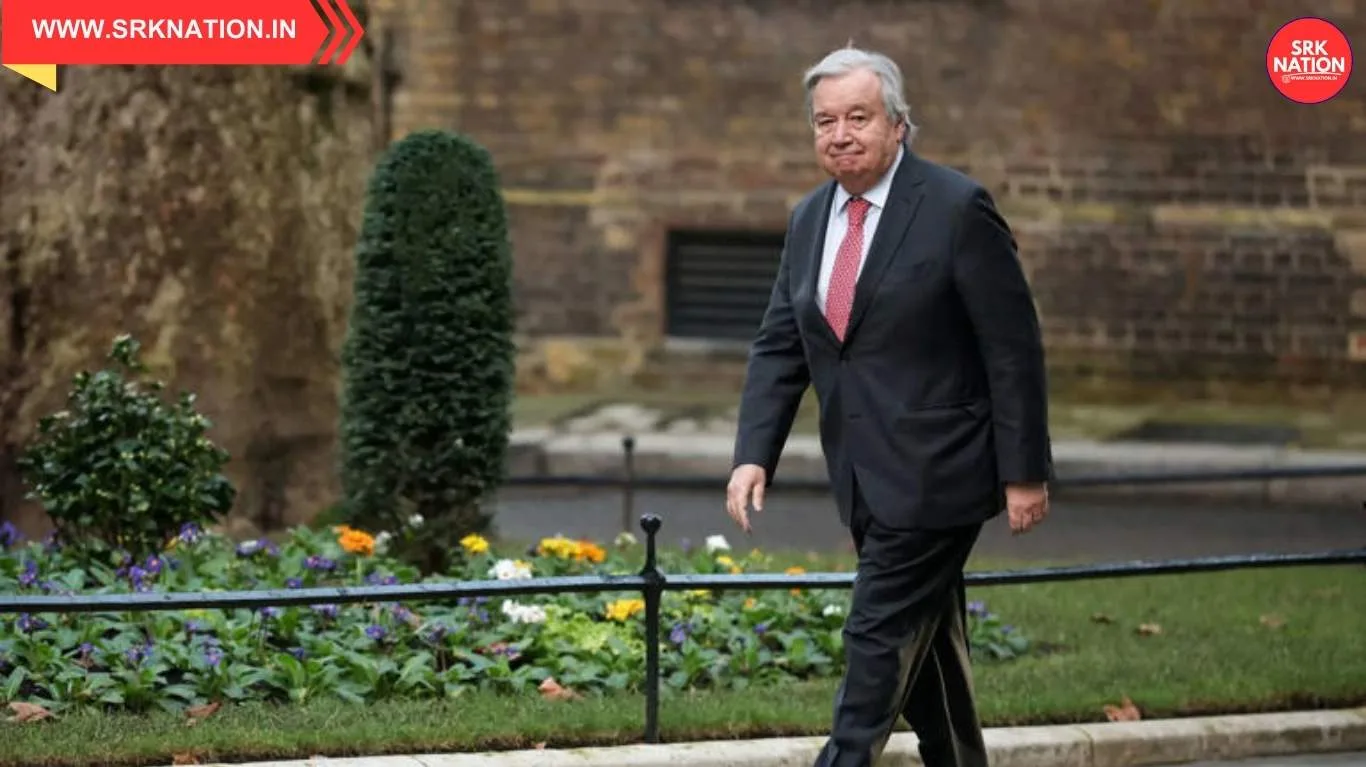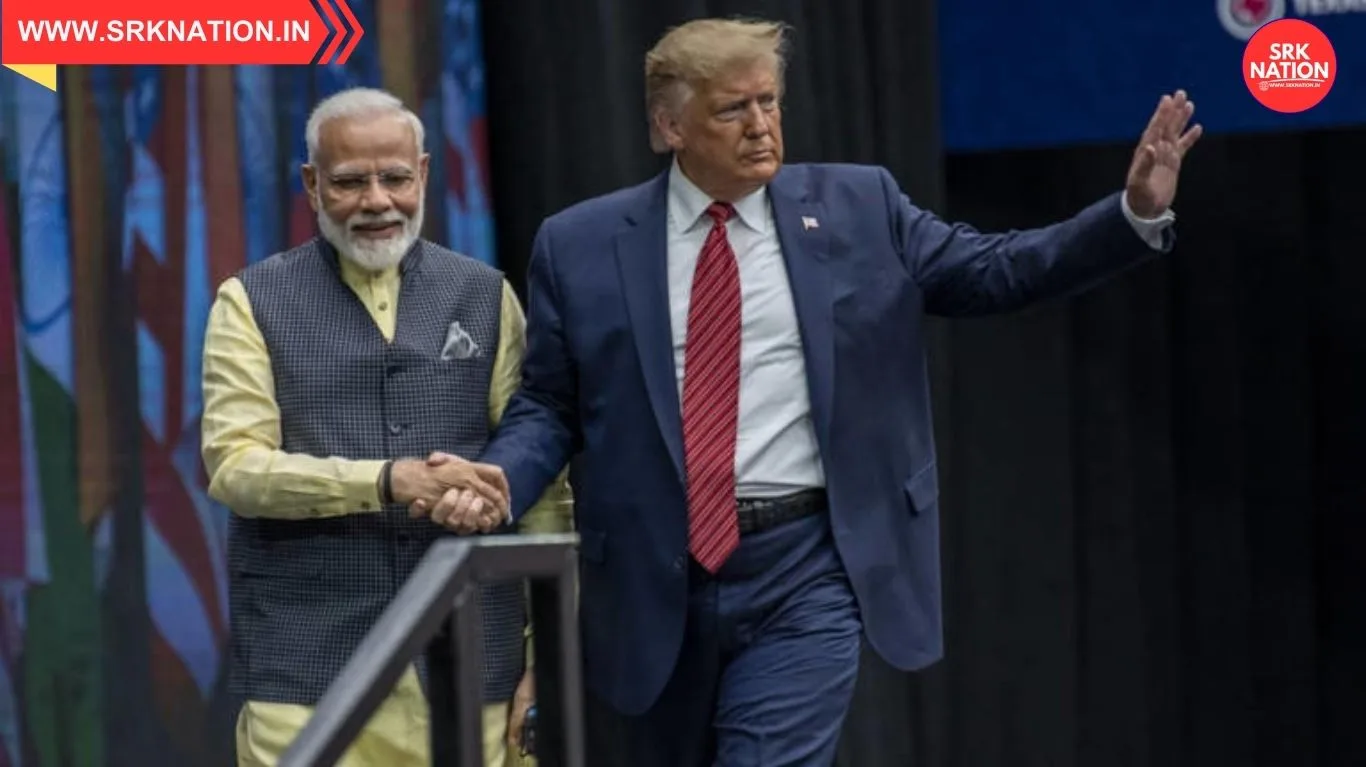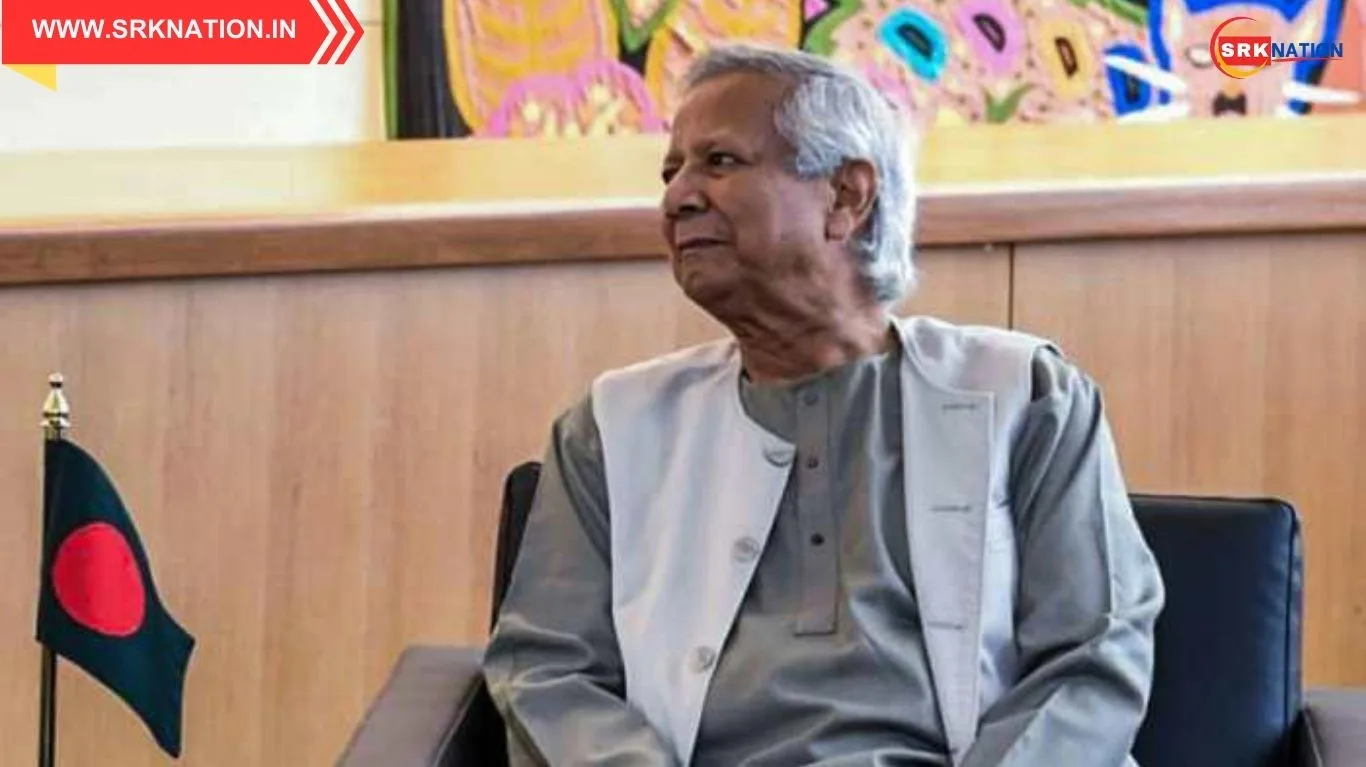Even amid rising bilateral tensions on geopolitical and trade fronts, Bangladesh’s famed mango diplomacy has once again softened the edges between Dhaka and New Delhi this season. The annual ritual of gifting premium mangoes to Indian leaders, officials, and diplomatic circles continues to convey neighbourly warmth despite strategic differences brewing under the surface.
The Sweet Tradition Of Mango Diplomacy
Mango diplomacy traces back decades, rooted in South Asian agricultural pride and cultural connections. Bangladesh’s Prime Minister Sheikh Hasina sent consignments of hand-picked Himsagar, Langra, and Amrapali varieties this year to Indian President Droupadi Murmu, Prime Minister Narendra Modi, and other dignitaries.
This practice:
- Celebrates the subcontinent’s shared culinary heritage.
- Projects Bangladesh’s soft power via premium agricultural produce.
- Sends subtle signals of goodwill, indicating readiness to keep dialogues open.
Why It Matters This Year
This year’s mango diplomacy comes at a particularly critical juncture as:
- Geopolitical Tensions: Recent regional statements, maritime security concerns in the Bay of Bengal, and Indo-Pacific realignments have strained warmth.
- Trade And Teesta Water Talks: Long-pending agreements on water sharing and border trade remain stalled, with growing frustration among stakeholders.
- Domestic Political Pressures: Both nations are experiencing heightened nationalist rhetoric, making diplomatic gestures such as mango gifting crucial to maintain communication bridges.
Bangladesh’s Export Strategy And Mangoes
Beyond symbolism, mangoes are integral to Bangladesh’s agri-export push. The country exported over 3,500 tonnes of mangoes in 2024, targeting new markets in Europe, the Middle East, and India.
| Year | Mango Exports (Tonnes) | Key Markets |
|---|---|---|
| 2022 | 2,200 | UK, Italy, UAE |
| 2023 | 2,800 | UK, France, Saudi Arabia |
| 2024 | 3,500 | UK, UAE, India |
The government aims to double exports by 2026, branding mangoes as a flagship agricultural product to attract premium buyers globally.
What Is The Message Behind Mango Diplomacy?
Diplomatic analysts view the move as a gesture of reassurance amid strategic unease. Former Indian diplomats argue that while geopolitical realities dictate hardline policies, cultural diplomacy remains essential to prevent ties from deteriorating into cold hostility.
One senior official noted:
“These gestures do not resolve disputes, but they maintain dignity and communication. India has responded positively in past years with reciprocal gifts, signalling mutual respect despite differences.”
Recent Strains In Indo-Bangladesh Relations
Key areas of friction include:
- Teesta Water Sharing Deadlock: Awaiting formal agreement since 2011, with West Bengal state politics complicating finalisation.
- Rohingya Refugee Issue: Bangladesh seeks stronger Indian intervention in facilitating safe repatriation from its camps.
- Border Killings And Smuggling Concerns: Dhaka has raised concerns over BSF’s operations along borders impacting civilian lives.
- China Factor: Bangladesh’s infrastructure partnerships with China have fuelled Indian concerns about regional security balances.
How India Has Responded To Mango Diplomacy
While formal public statements on mango consignments are rare, Indian officials traditionally acknowledge them warmly through diplomatic channels and social media. This year too, ministries confirmed receipt of the gifts, highlighting:
- Continued cultural connect despite strategic divergences.
- Willingness to engage in people-to-people diplomacy amid state-level strains.
- Acknowledgement of Bangladesh’s growing export competencies.
Soft Power, Trade, And Geopolitics Interlinked
Bangladesh’s use of mangoes as soft power is mirrored globally. For example:
| Country | Diplomatic Produce Gifted | Purpose |
|---|---|---|
| Japan | Premium Melons | Symbol of respect in bilateral meetings |
| Thailand | Durian | ASEAN economic ties promotion |
| India | Alphonso Mangoes | Gifting to Gulf and European leaders |
| Bangladesh | Himsagar, Langra Mangoes | Cultural diplomacy with India and Middle East |
These gifts serve as strategic communication tools, blending cultural pride with diplomatic persuasion.
Economic Implications For Bangladesh’s Mango Farmers
The mango diplomacy boost enhances:
- Farmer incomes: Premium export pricing supports small orchard owners in Rajshahi, Chapainawabganj, and Jessore.
- Brand recognition: Builds Bangladesh’s reputation as a quality mango exporter.
- Value chain investments: Encourages packhouse upgrades, cold chain logistics, and compliance with international sanitary standards.
Bangladesh has been proactively conducting Good Agricultural Practices (GAP) training for mango farmers to meet strict EU and Indian import norms, aiming to diversify away from dependence on ready-made garment exports.
Challenges Facing Mango Diplomacy
Despite the goodwill, practical hurdles remain:
- Perishability And Logistics: Ensuring freshness during transportation is a major operational challenge.
- Pest Control Compliance: Some importers have strict fumigation and residue testing requirements.
- Limited Production Window: Bangladesh mangoes are available only between May to July, restricting year-round branding potential.
- Diplomatic Overdependence: While symbolic, such gestures cannot replace hard negotiations on strategic and trade issues.
The Road Ahead For India-Bangladesh Relations
Experts opine that India and Bangladesh will continue to engage in layered diplomacy:
- Strategic talks on border security, energy cooperation, and regional connectivity under BIMSTEC and SAARC frameworks.
- Cultural exchanges via literary festivals, films, and culinary diplomacy to deepen people-to-people trust.
- Trade pacts focusing on reducing NTBs (non-tariff barriers) and harmonising customs procedures to benefit both economies.
Bangladesh’s mango diplomacy remains an effective reminder that sweetness can complement strength in South Asian diplomacy.
Conclusion
Despite underlying tensions, Bangladesh’s mango diplomacy demonstrates the enduring value of cultural gestures in international relations. It underlines the power of shared heritage and culinary pride to maintain dialogue and warmth even during strategic cold spells.
As the mango season concludes, policymakers will resume formal negotiations on contentious issues. But the sweetness of Bangladesh’s mangoes will linger in New Delhi’s diplomatic corridors as a symbol of the nuanced, layered ties shared by two deeply intertwined neighbours.
Disclaimer: This article is for informational purposes only and does not constitute diplomatic or trade advice. Readers are encouraged to consult official statements and trade data for specific updates on Indo-Bangladesh relations and agricultural export policies.




